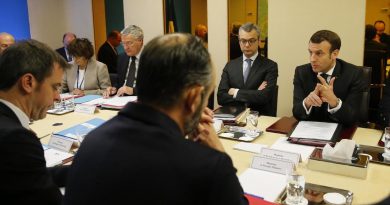Import ban pushes Pakistan back to budget account surplus
Islamabad (Reuters) – Pakistan’s current account recorded a surplus in March, the highest in two years, the country’s central bank and market analysts said, following stringent import restrictions to manage the South Asian economy’s turmoil.
Islamabad is trying to get an IMF bailout back on track and both sides have been engaged since early February in talks to clear a 9th review of the package agreed in 2019.
The bank’s statement said the current account posted a $654 million surplus in March against a deficit of $36 million the previous month.
Mohammed Sohail of Karachi-based brokerage Topline Securities said the surplus was the highest in two years.
Helped by the strict import ban, the current Account Deficit (CAD) contracted to $3.4 billion in July-March of the current fiscal year, which ends in June.
It stood at $13 billion for the same period last year, the bank said.
Pakistan imposed the import ban on luxury products and non-essential raw materials last year to avert a balance of payment crisis as foreign exchange reserves held by the bank shrank and are barely enough to cover a month of controlled imports.
The restrictions on raw materials hit manufacturing, including of cars and cell phones, forcing some plant closures.
The IMF wants Pakistan to get assurances on bilateral financing to fund the balance of payment gap before the lender signs a staff level agreement.
Islamabad says allies such as China, Saudi Arabia and UAE have offered to help with financing and to roll over existing debts.

